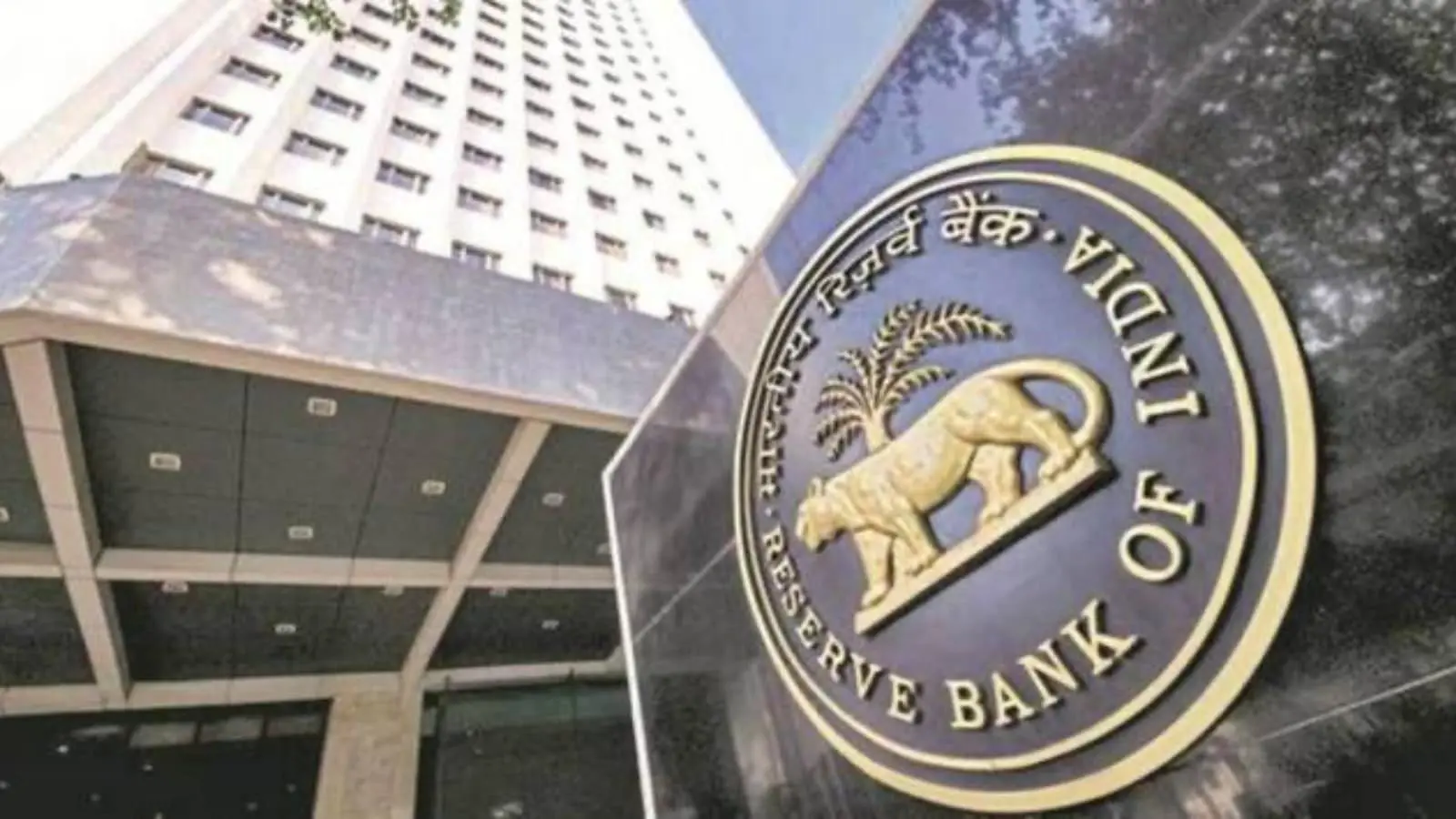New Delhi: In recognition of Eid-i-Milad-ul-Nabi on September 5, banks in Jammu and Srinagar will be closed on Friday, September 12, 2025, as designated by the Reserve Bank of India (RBI). While numerous regions will see banking services active, customers in the affected cities should be aware of closures and alternative services available online.
Significance of Eid-i-Milad-ul-Nabi
Eid-i-Milad-ul-Nabi marks a sacred occasion that celebrates the birth and death anniversary of the Prophet Muhammad. This year, the festival falls on September 5, and its spiritual significance extends to the first Friday following the celebration, making it essential for communities observing the occasion. The Reserve Bank of India (RBI) has established a calendar of bank holidays, designating this particular day as a bank holiday in specific cities.
Public observances such as Eid-i-Milad encourage communal gatherings and charitable acts, reflecting the cultural richness of India. Families might come together to share meals, and various organizations often conduct charitable activities to support the needy. As the nation embraces its diverse traditions, it’s crucial for citizens to stay informed regarding banking operations during such festivities.
Bank Holiday Overview for September 2025
This September, the RBI has declared a total of 15 bank holidays across India, encompassing national and regional observances under the Negotiable Instruments Act. These holidays include both weekends and designated working days off.
The spread of banking holidays can impact customers differently, depending on their location. For individuals and businesses in Jammu and Srinagar, planning financial transactions is essential to avoid inconveniences.
To provide clarity, here’s a summary of the banking status for Friday, September 12, 2025:
| City | Status |
|---|---|
| Jammu | Closed |
| Srinagar | Closed |
| Other Cities | Open |
Available Banking Services Despite Branch Closures
While branches in Jammu and Srinagar will be closed, customers can still utilize various digital banking services. The importance of staying connected during holiday closures cannot be overstated, as it offers users a convenient alternative to ensure continuity in their banking activities. The following are services that will remain active:
- Online and Mobile Banking: Users can perform fund transfers, query balances, and make bill payments from the comfort of their homes.
- NEFT and RTGS Services: Though physical branches may close, these electronic payment options will still operate during their designated hours.
- ATM Withdrawals and Card Transactions: Users can access cash and make purchases at stores using Debit/Credit cards.
- Online Requests: Chequebook requests, demand drafts, and various account-related services can also be done digitally, ensuring that essential needs are met without requiring a branch visit.
Customers are strongly advised to plan accordingly, utilizing these digital services to avoid disruptions in their banking needs.
Conclusion: The Banking Sector Adaptation
As the banking sector evolves, such adaptations during cultural observances illustrate its commitment to accessibility and consumer convenience amidst traditional celebrations. The RBI’s proactive measures enable banks to remain in tune with cultural values while ensuring that essential financial services remain uninterrupted.
In a rapidly digitizing world, the importance of online banking cannot be overstated. A local shopkeeper, for instance, can benefit from continued access to online business transactions and digital payment methods, aiding in their day-to-day operations even during holidays.
Through initiatives such as these, the RBI not only honors cultural observances like Eid-i-Milad-ul-Nabi but also reinforces its commitment to facilitating a smooth banking experience for all citizens—keeping the Indian economy vibrant and resilient.
In essence, the intersection of tradition and modern financial services plays a vital role in ensuring economic continuity, reinforcing how essential it is for both banking institutions and consumers to adapt and thrive amidst cultural dynamics.
Bankerpedia’s Insight 💡
The designation of bank holidays, such as the closure on September 12 for Eid-e-Milad, underscores the significant cultural fabric of India and its integration into the banking calendar. While Jammu and Srinagar will experience physical closures, essential digital services remain operational across the country. This highlights the ongoing shift towards digital banking, ensuring customer transactions can continue seamlessly. For readers, it’s vital to stay informed about these holidays and utilize online banking solutions to avoid disruptions in service. This balance of traditional observance and modern technology reflects India’s evolving banking landscape.
What Does This Mean for Me? 🤔
- Salaried Person → Potential bank closures may affect salary transactions.
- Business Owner → Bank closures may disrupt cash flow management today.
- Student → Banks closed, potential disruption in student transactions.
- Self-employed → Potential delays in financial transactions and banking services.
- Homemaker → Banks closed; digital services available for financial tasks.
- Retiree / Senior Citizen → Bank closures may disrupt access to cash services.
- Job Seeker → Bank closures may delay job application processes.
- Farmer / Rural Citizen → Bank closures may delay financial transactions for farmers.
Research References 📚
- indianexpress.com
- RBI
- SEBI
- Ministry of Finance
- NABARD
- Department of Financial Services (DFS)
- IMF
- World Bank
Loved our Research? ❤️
Bankerpedia turns financial confusion into clarity!
Subscribe to our YouTube channel for unbiased insights, financial literacy & practical banking wisdom.










